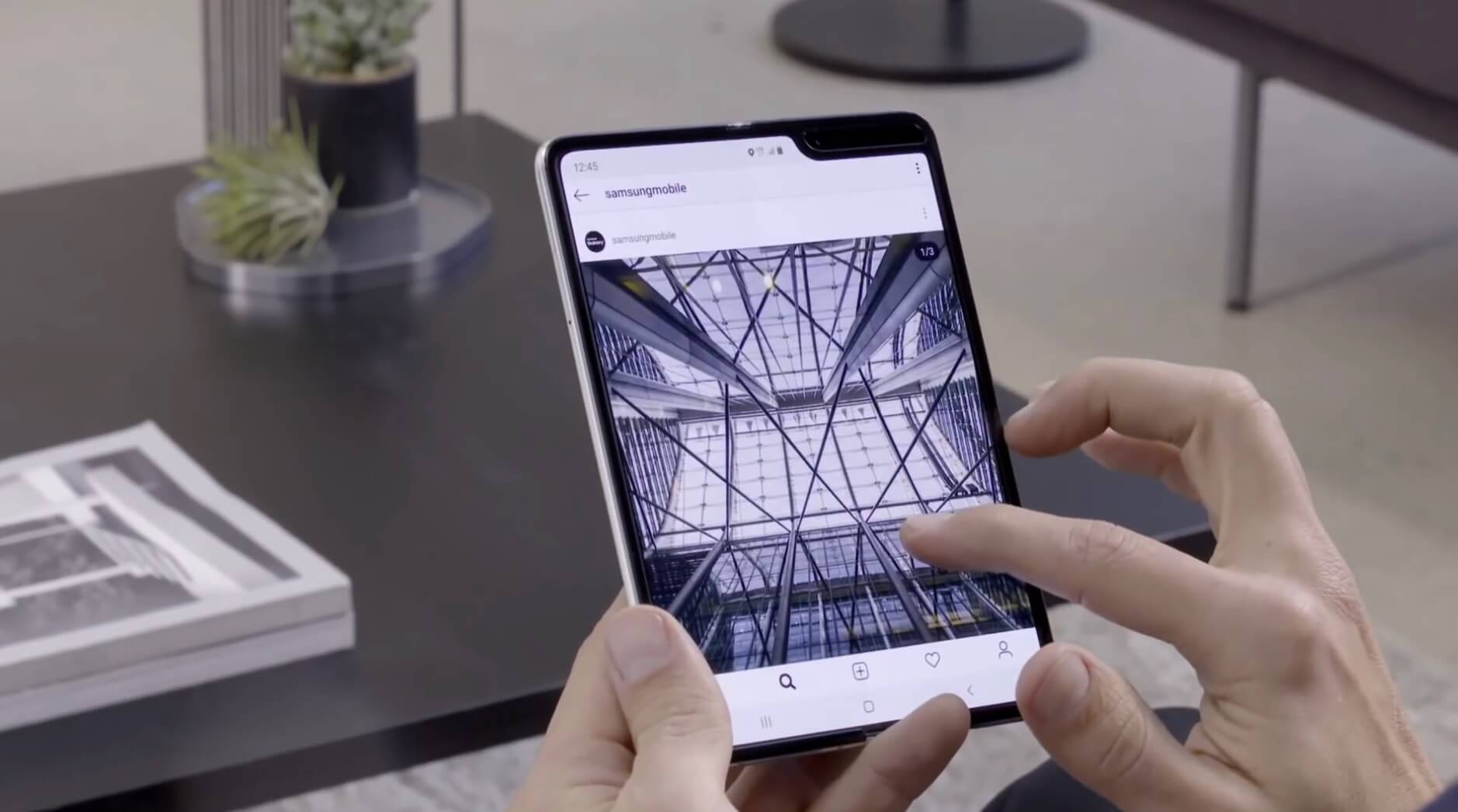„5 Reasons Foldable Phones Are a Bad Idea”

Everyone thought Apple was crazy to put a big glass screen on the original iPhone, but that turns out to have been a good idea. Glass adds to the structural strength of your phone, and modern hardened glass is very difficult to scratch. Foldable phones are plastic because there’s no such thing as folding glass (yet).
You encounter a lot of things throughout the day that are harder than plastic, but few that are harder than Gorilla Glass. While your flat smartphone can ride around in your pocket or bag with keys, pens, and coins, a foldable phone might come out looking likes a scuffed mess. Oh, your phone folds inward like the Galaxy Fold? Good luck never getting dust trapped in there when you close it.
Gorilla Glass ist im Moment der De-facto-Standard für Smartphone-Screens. Ich fürchte, der Rückschritt auf Plastikbildschirme wird uns sehr deutlich vor Augen führen, warum die komplette Industrie auf robustes Abdeckglas setzt.
Es gibt diese markante Steve-Jobs-Geschichte, die bereits jeder kennt, die man hier aber unbedingt noch einmal anreißen muss1:
In 2007, a little over a month before the iPhone was scheduled to appear in stores, Mr. Jobs beckoned a handful of lieutenants into an office. For weeks, he had been carrying a prototype of the device in his pocket.
Mr. Jobs angrily held up his iPhone, angling it so everyone could see the dozens of tiny scratches marring its plastic screen, according to someone who attended the meeting. He then pulled his keys from his jeans.
People will carry this phone in their pocket, he said. People also carry their keys in their pocket. “I won’t sell a product that gets scratched,” he said tensely. The only solution was using unscratchable glass instead. “I want a glass screen, and I want it perfect in six weeks.”
- Die New York Times schreibt von „sechs Wochen“, gemeint sind jedoch „sechs Monate“, wie die offizielle Steve Jobs Biographie von Walter Isaacson später klarstellt. ↩